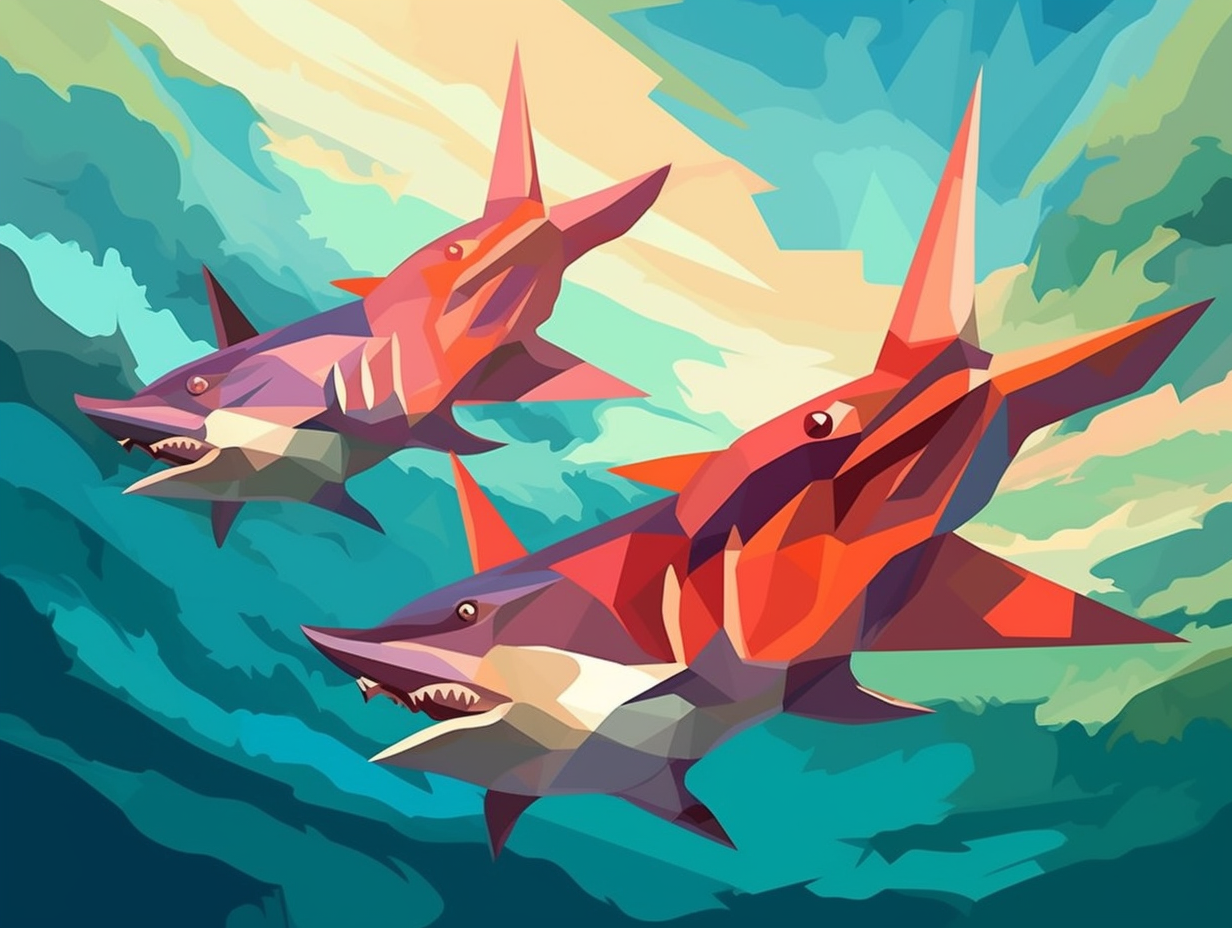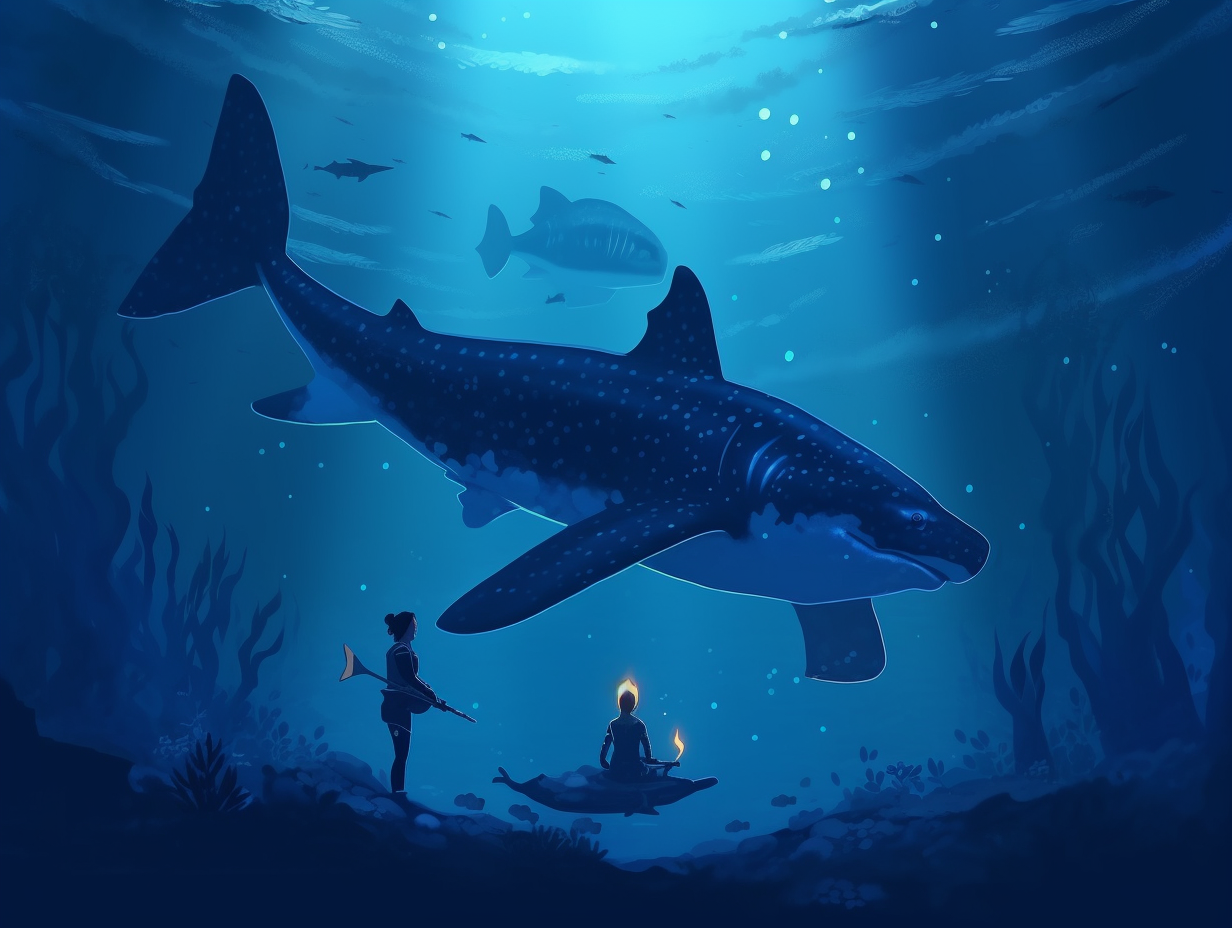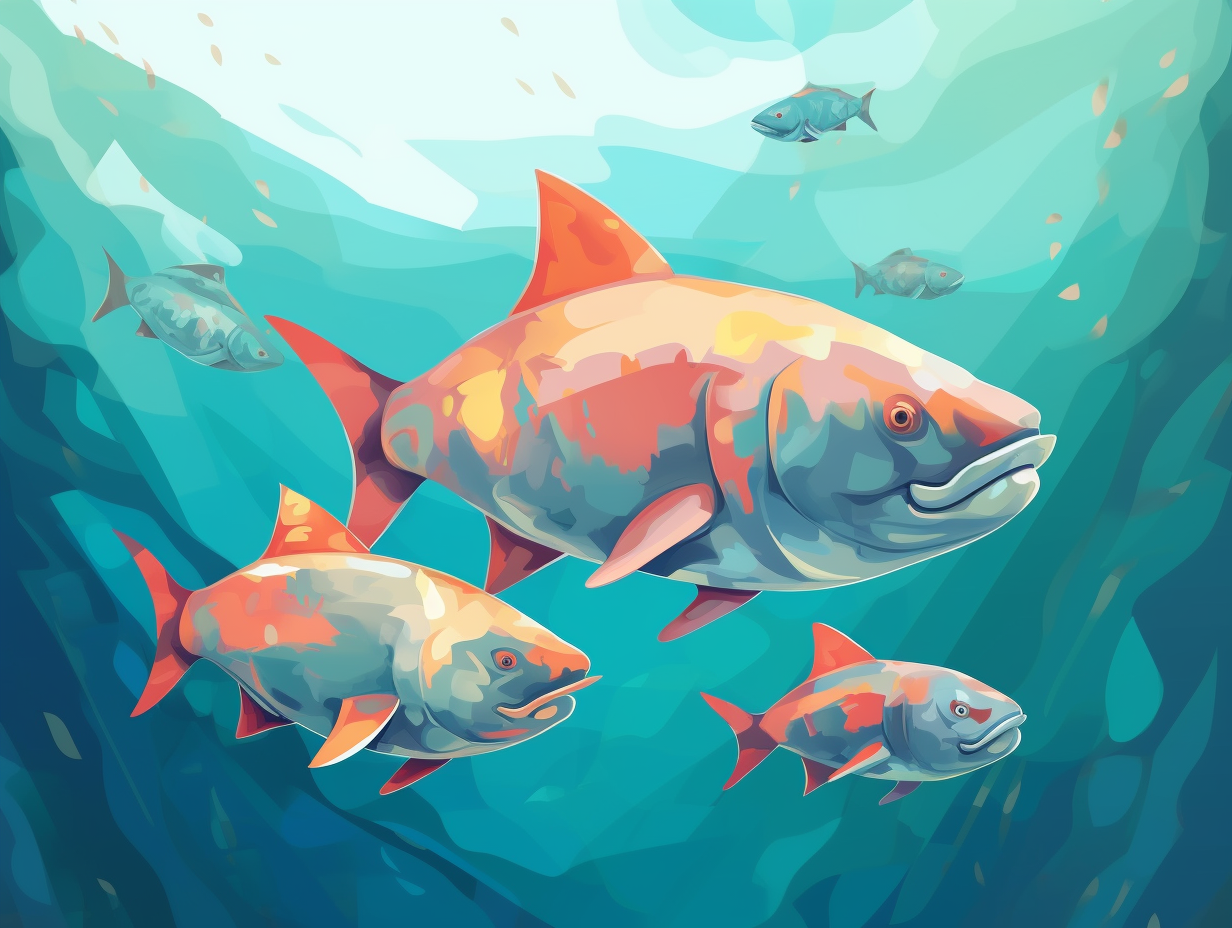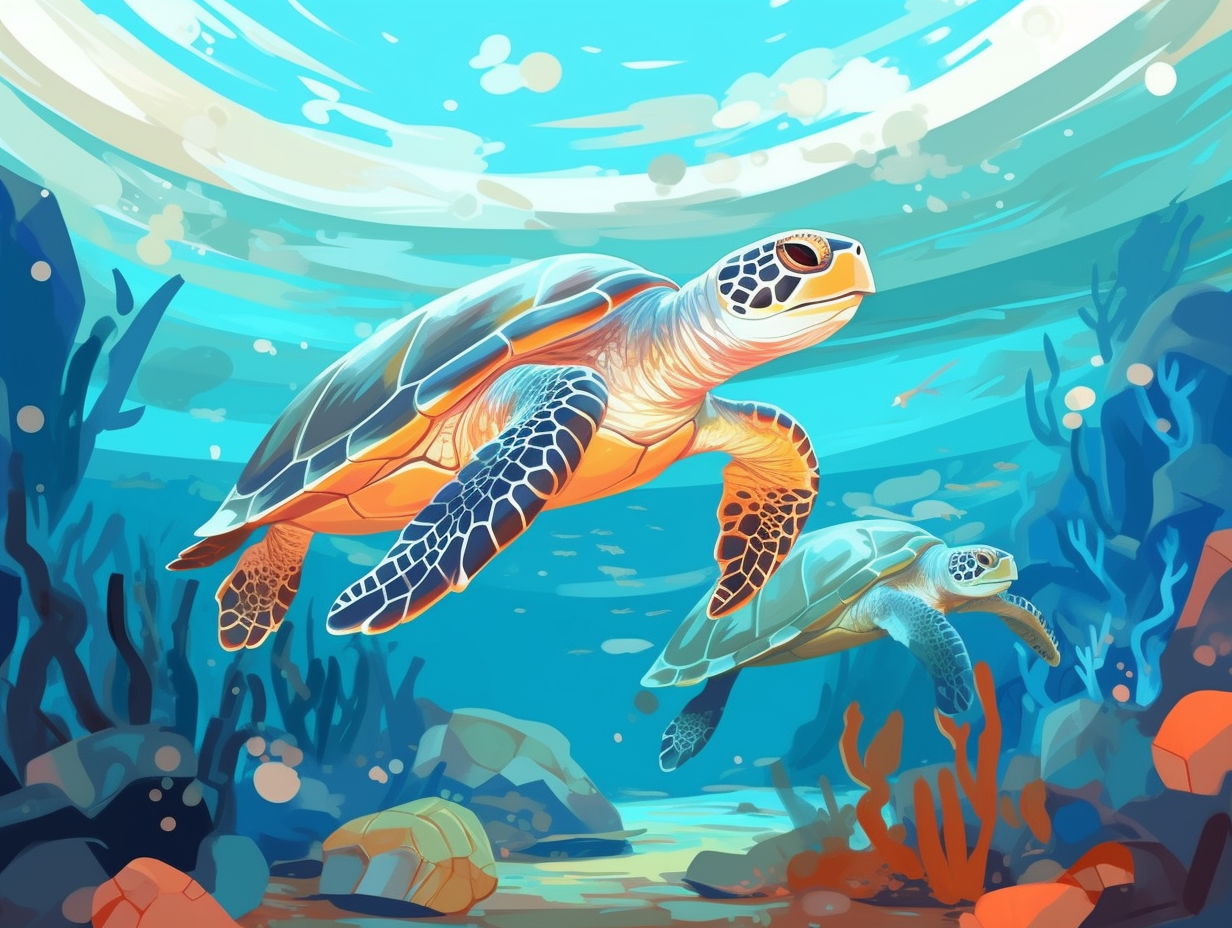Discover the Giants: Top 12 Amazing and Fun Facts About Whale Sharks You'll Love to Know!

1. Vegetarian Shark Dentist's Dream
While dentists might envy the toothy grin of a whale shark with its mammoth collection of over 300 teeth, they'd soon be surprised by their veggie-friendly palate: Whale sharks are actually filter feeders, using their teeth as a filtration system to enjoy a buffet of plankton, shrimp, algae, small fish, and even lining up for hours to indulge in a smorgasbord of fish eggs at spawning events.
Source => livescience.com
2. Ocean's Friendliest Moochers
Whale sharks, the ocean's most lovable moochers: They're more like friendly roommates with benefits than unwelcome parasitic squatters! You see, the freeloading remoras (suckerfish) that hitch a ride on these gentle giants actually vacuum up their leftovers, providing them with a tidy meal while causing no harm to the whale shark host. Isopods and fish, on the other hand, have a relationship that redefines the term "parasitic" altogether.
Source => inaturalist.org

Did you know that hammerhead sharks are the Michael Phelps of the ocean? 🦈 They swim tilted at 50-75 degrees, using their long dorsal fin like an extended "wingspan" for efficiency and energy saving! Dive in to learn more.
=> Fun Facts about Hammerhead-Sharks
3. Grandpa Fish: World's Largest and Oldest
If you think your grandpa is old and slow, wait until you meet his aquatic counterpart, the cruise liner of the fish world: The whale shark is the largest known fish species in existence, with the biggest individual ever recorded measuring a staggering 18.8 meters (61.7 ft) long and estimates suggesting they can live for up to 130 years! Strike fear from your heart though, for these gentle giants are the pacifists of the ocean, calmly enjoying their buffet of plankton and small fish – so they're no danger to us human folk.
Source => en.wikipedia.org
4. Marathon Swimmers of the Sea
They may not be winning any gold medals in the ocean Olympics, but whale sharks sure know how to run (swim) a marathon: these colossal sea-dwellers can migrate thousands of miles at a pace of around 3 miles per hour, slow and steady, to reach their feeding grounds and conserve energy!
Source => wwf.org.uk

5. Buffet Experts with Teeth Galore
Whale sharks may not require fancy dinnerware or cutlery, but they're certainly experts at the all-you-can-eat buffet: These gentle giants are filter feeders, using their cavernous mouths to vacuum up tiny prey such as plankton and fish eggs, all whilst separating the scrumptious bites from the water with their gills filled with thousands of minuscule teeth-like structures.
Source => sharkresearch.earth.miami.edu
6. Spot-and-Stripe Identification
Playing hide-and-seek with the world's largest fish just got a bit easier: Whale sharks have a unique pattern of spots and stripes on their skin, which helps WWF experts identify and study individual sharks in the Philippines using digital cameras and satellite tags.
Source => worldwildlife.org
7. Whipped Cream Puff Devourers
Behold the ocean's gentle giants with an appetite for... whipped cream puffs? That's right, despite their imposing size, these colossal creatures primarily feast on the frills and frappes of the sea – plankton, fish eggs, and crab larvae: As the largest fish in the watery world, whale sharks are filter-feeders who travel impressive distances in search of their bite-sized buffet. Belying their fearsome reputation, they are docile marine celebrities, beloved by wildlife tourists eager to swim with sharks without risking an up-close encounter with the much less endearing toothy grin of a great white.
Source => forbes.com
8. Aww-Inducing Gentle Jaws
Whale sharks: the gentle giants that put the "aww" in "jaws." These behemoths of the deep prefer a diet of dippin' dots to surf 'n' turf: they feed primarily on plankton, fish eggs, and small fish by swimming with their mouths wide open, guzzling down the ocean's equivalent of a all-you-can-eat buffet. Contrary to what their size might suggest, they're friendly with the human-fish and find themselves listed as "Vulnerable" on the International Union for Conservation of Nature Red List of Threatened Species due to our misunderstanding of their intentions – and appetite.
Source => amnh.org
9. Dysons of the Deep Sea
Step aside, vacuum cleaners—whale sharks are the original, all-natural Dysons of the deep-sea world: These gentle giants use their four-foot-wide mouths and gill rakers to filter an impressive 1585 gallons of water every hour, effortlessly slurping up shrimp, fish, and plankton without the need for any biting or chewing.
Source => worldwildlife.org

10. Underwater Life Coaches
Need a life coach? Look no further than these deep-sea gurus: Whale sharks boast an incredible 70 to 100-year lifespan, making them one of the most enduring fish species in the ocean.
Source => cabo-adventures.com
11. Marine Fingerprint Detectives
Move over, fingerprint detectives, we've got the marine version of Sherlock Holmes on the case: Whale sharks have a distinct pattern of pale yellow stripes and dots on their dark gray skin, which can be used to identify individual sharks, much like human fingerprints – a fact that conservation groups like the World Wildlife Fund utilize to track and monitor the underwater giants' movements and populations.
Source => sharksider.com
12. Suction Model Sharks with a Chill Diet
With a girthy bod and vacuum-like choppers, there's no doubting that whale sharks are the suction models of the deep blue sea: Fear not, for these "gentle giants" pose no threat to humans, as they prefer a chilled-out diet of shrimp, fish, and plankton, and are often visited by ecotourists for their docile and non-aggressive demeanor.
Source => pbs.org
Related Fun Facts




















